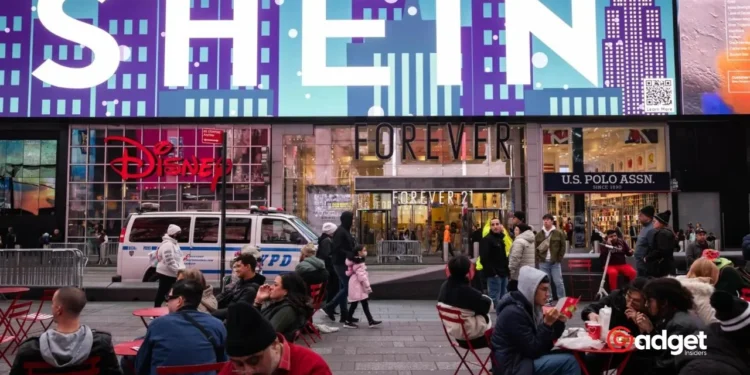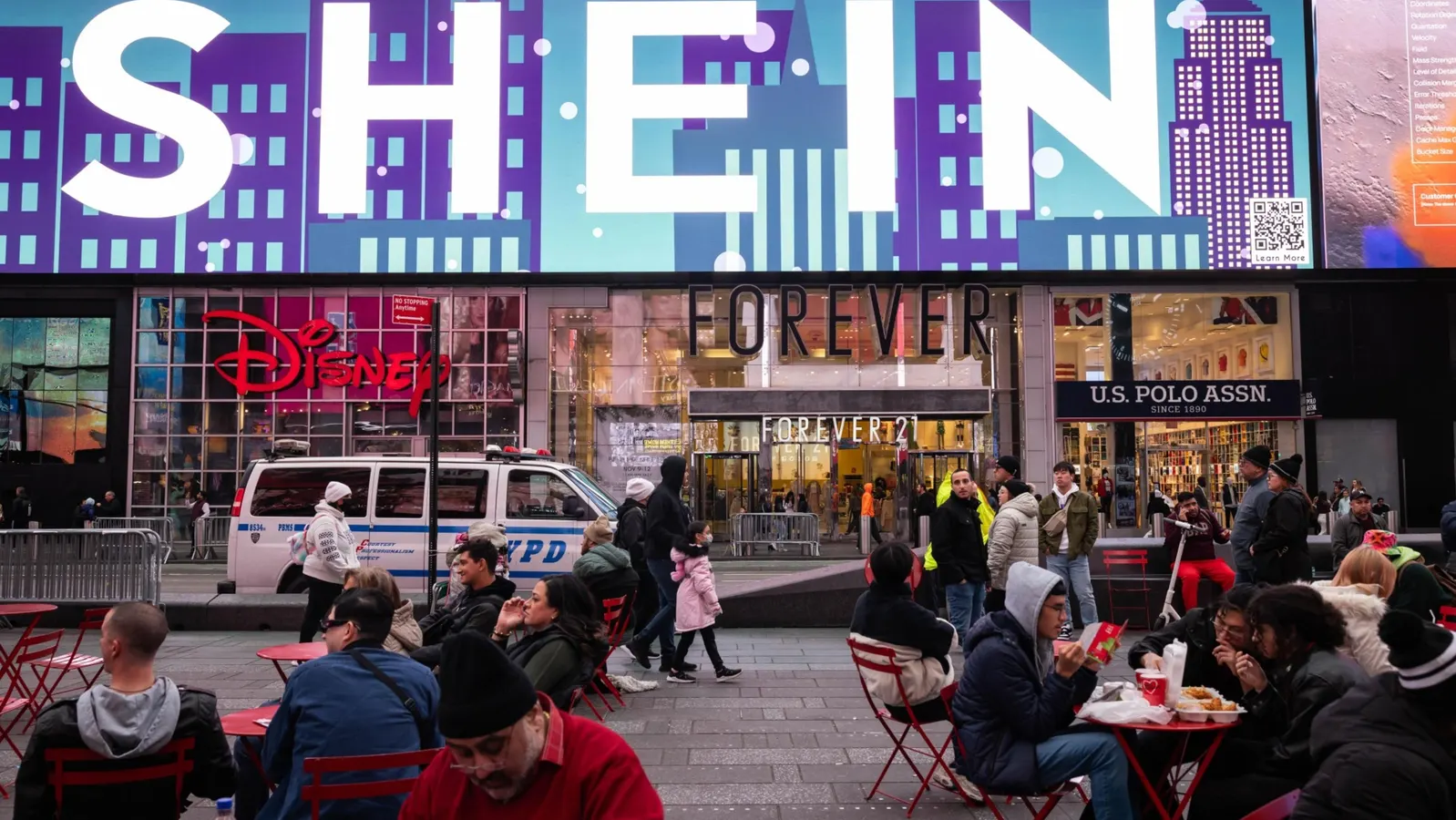In a disturbing revelation from Seoul, South Korea, the popular online fast-fashion retailer Shein has been caught selling clothing and accessories containing alarmingly high levels of toxic chemicals. This incident not only raises significant concerns about consumer safety but also casts a shadow over Shein’s environmental and ethical practices.
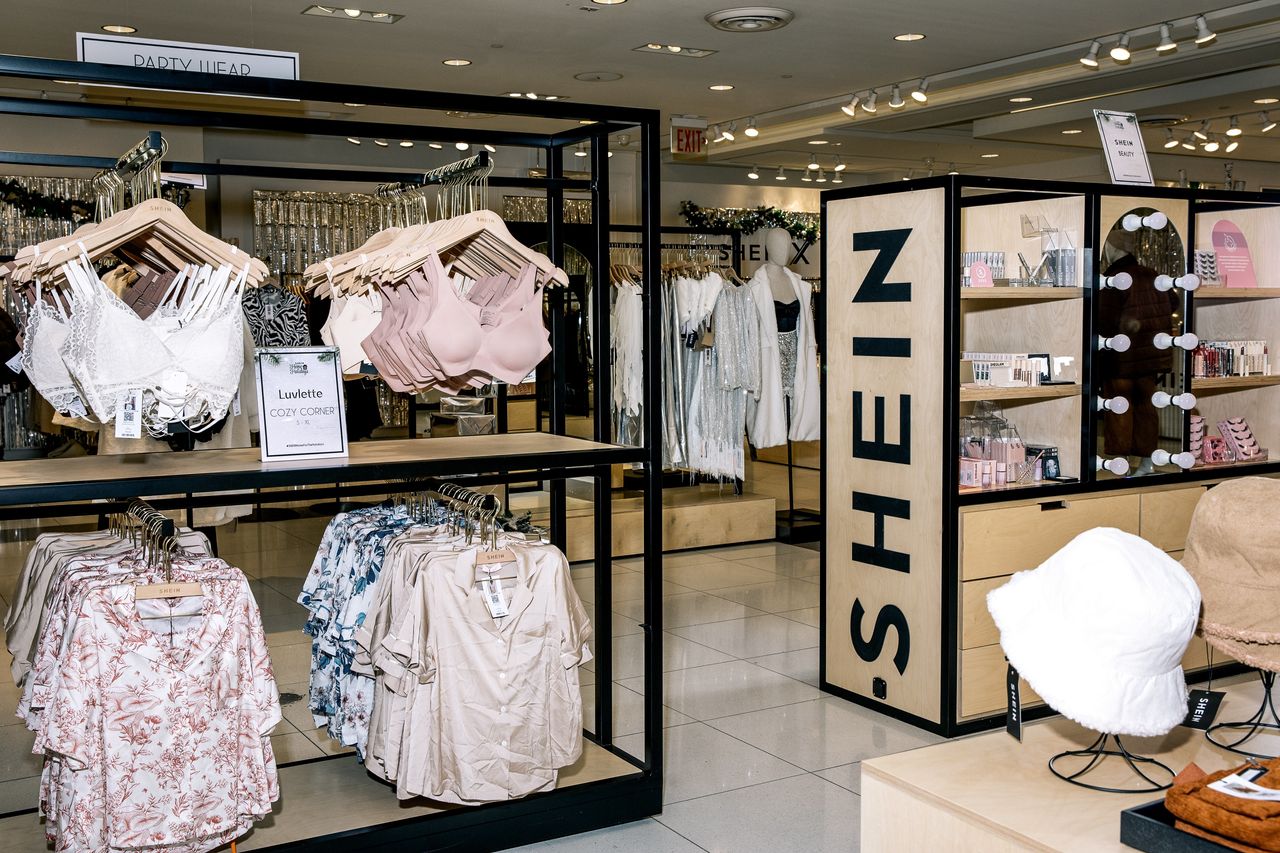
Shocking Levels of Hazardous Chemicals Detected
During the latest inspections conducted by Seoul authorities, 93 products from Shein were tested, and the results were unsettling. Nearly half of these products were found to contain toxic substances. Particularly alarming were the findings related to children’s items. A pair of children’s shoes was found to have phthalates at levels 428 times higher than permissible limits.
Additionally, three leather bags possessed phthalates concentrations 153 times the allowed amount. Phthalates are notorious for their potential to disrupt hormonal balance and can be linked to cancer when absorbed through the skin.
Park Sang-jin, a Seoul city official, expressed the city’s stringent response to AFP, stating, “We have requested Shein to remove these hazardous products from sale immediately.”
Shein’s Response to the Crisis
In light of these findings, Shein responded with a commitment to safety. The company conveyed through an email to TheStreet, “We take product safety very seriously. Upon learning of any claim against our products, we immediately remove the product(s) from our site as a matter of caution whilst conducting our investigations. If non-compliance is verified, we will not hesitate to take appropriate follow-up action with the supplier of said product.”

A History of Safety Violations
This is not Shein’s first encounter with safety and regulatory issues concerning chemical use. A 2022 Greenpeace report highlighted that out of 47 products tested from Shein, seven violated EU regulatory limits on hazardous chemicals. One particularly egregious example was a baby girl’s dress found to contain formaldehyde—a potent carcinogen capable of causing irritation to the eyes, nose, and throat at high exposure levels.
Greenpeace Germany criticized Shein’s approach to manufacturing, stating, “The findings – which include very high levels of phthalates in shoes and formaldehyde in a baby girl’s dress – prove SHEIN’s careless attitude towards environmental and human health risks associated with the use of hazardous chemicals, in pursuit of profit. The company is not only endangering the health of its consumers but also that of workers at the suppliers that make these products.”
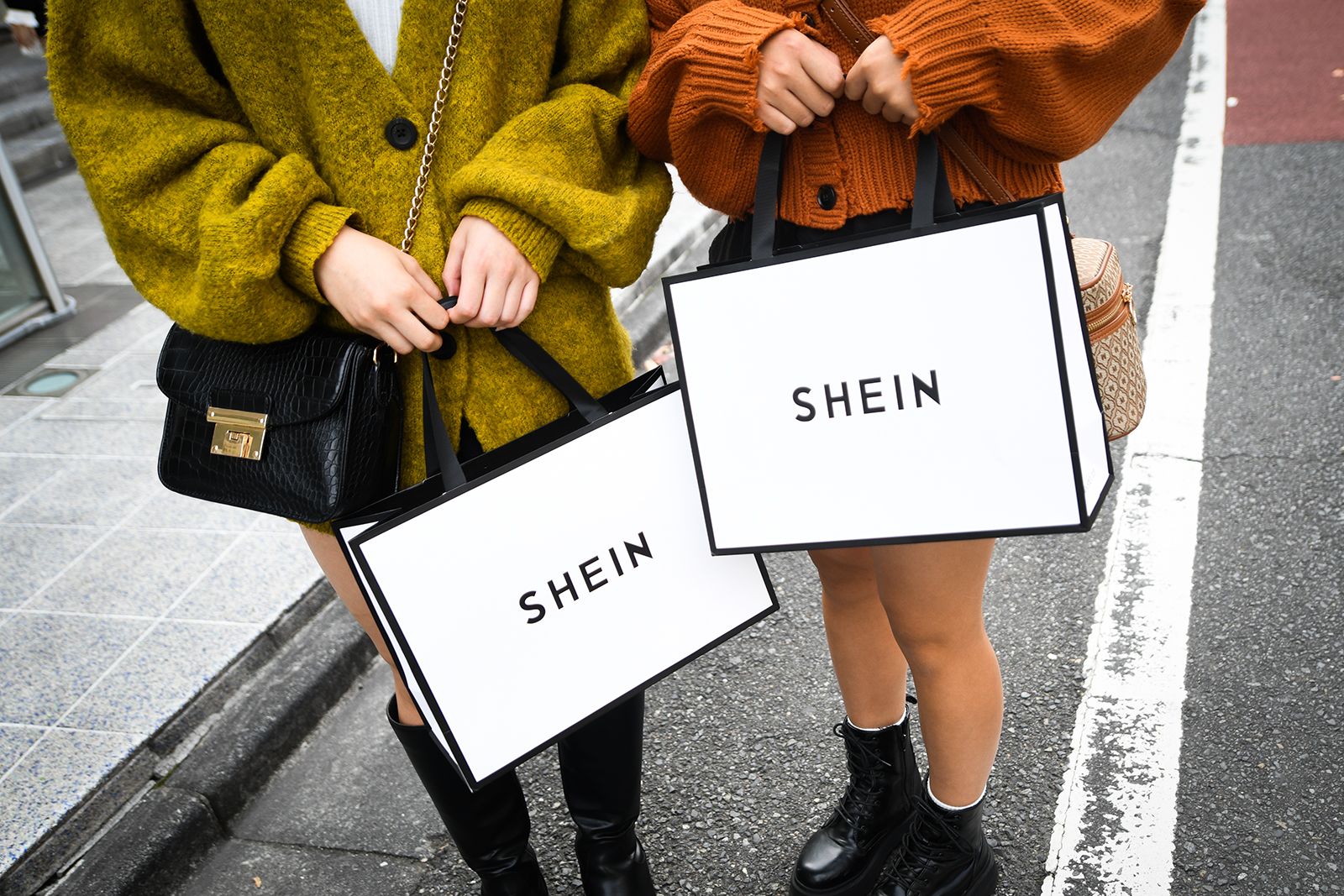
Financial Ambitions Amidst Safety Concerns
Despite these controversies, Shein continues to push for a significant market expansion. In November of the previous year, the company quietly filed for a U.S. initial public offering, aiming for a valuation around $66 billion. This ambitious financial move juxtaposes sharply against the backdrop of serious safety violations, inviting consumers and regulators to scrutinize the true cost of fast fashion.
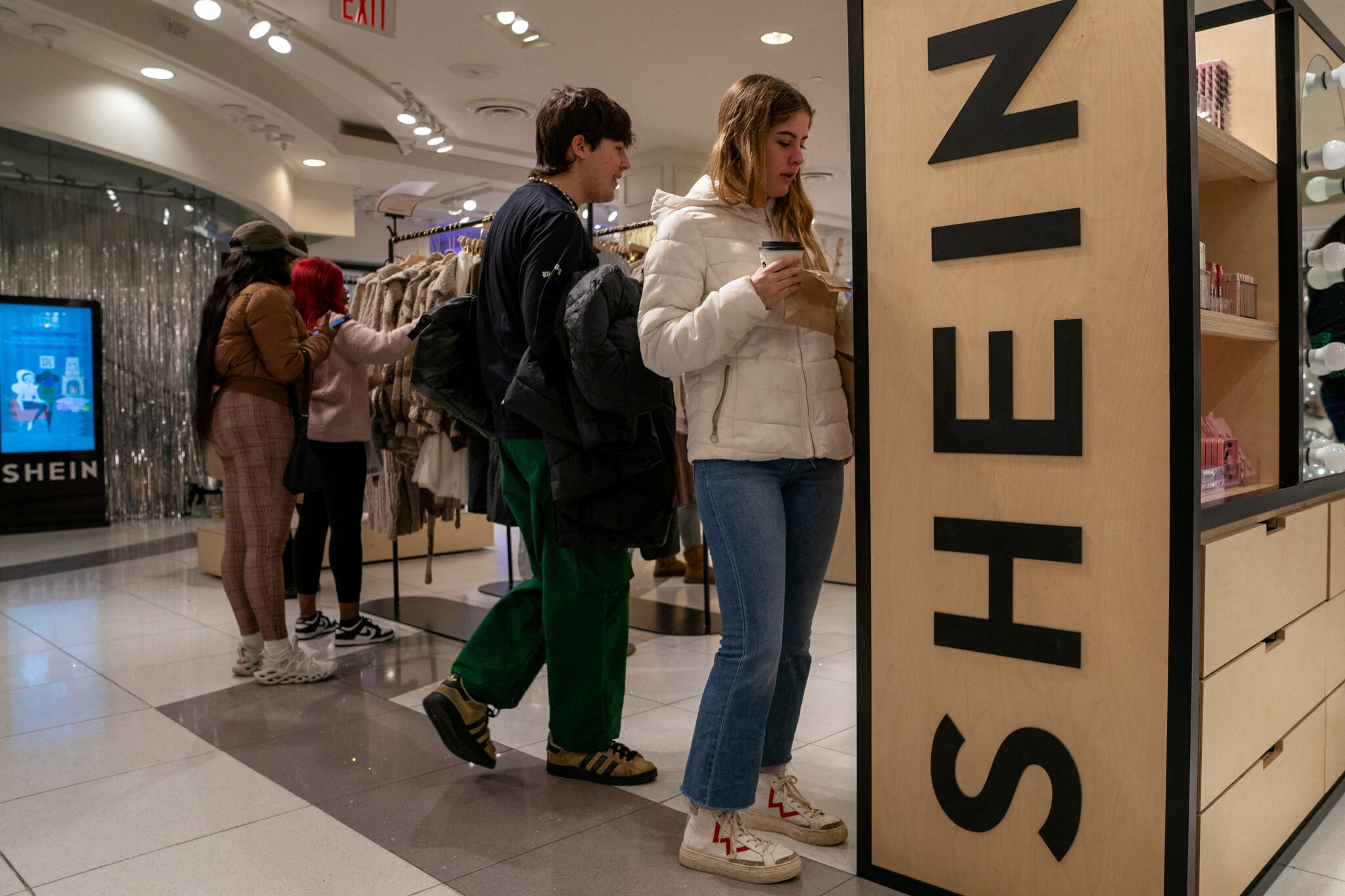
Final Thoughts: The High Cost of Low Prices
Shein‘s ongoing chemical safety issues highlight a critical challenge in the fast-fashion industry: the hidden costs of low-priced clothing. As consumers, it’s essential to question the ethical implications and safety of products that come at seemingly unbeatable prices. The health risks and environmental impact associated with hazardous chemical use demand greater transparency and responsibility from global fashion retailers.
This unfolding story serves as a cautionary tale about the importance of stringent safety standards and ethical practices in the fashion industry, underscoring the need for consumers to remain informed and vigilant.

